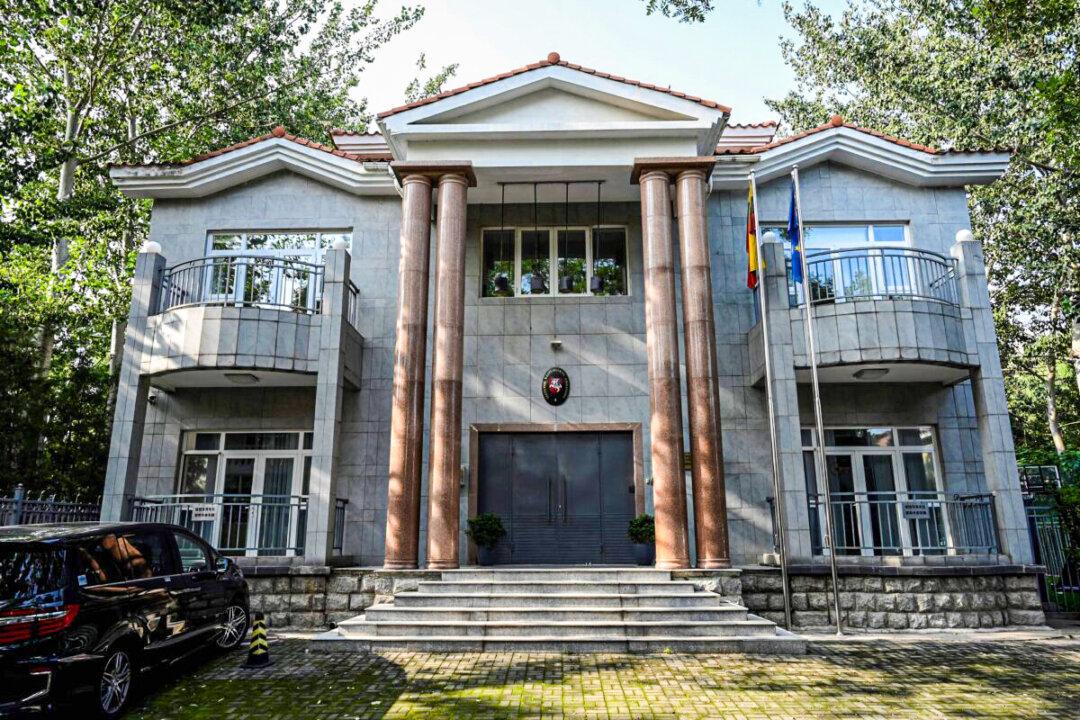Lithuania said on Dec. 15 that it pulled the remaining diplomats from Beijing to protect them, and would operate the embassy in China remotely.
This is the latest development in Lithuania–China tensions after Vilnius approved Taiwan to open a representative office under the name of Taiwan. In the past months, the regime recalled its ambassador in August, downgraded its diplomatic relations with the small Baltic nation in November, and blocked Lithuanian exports and imports.





